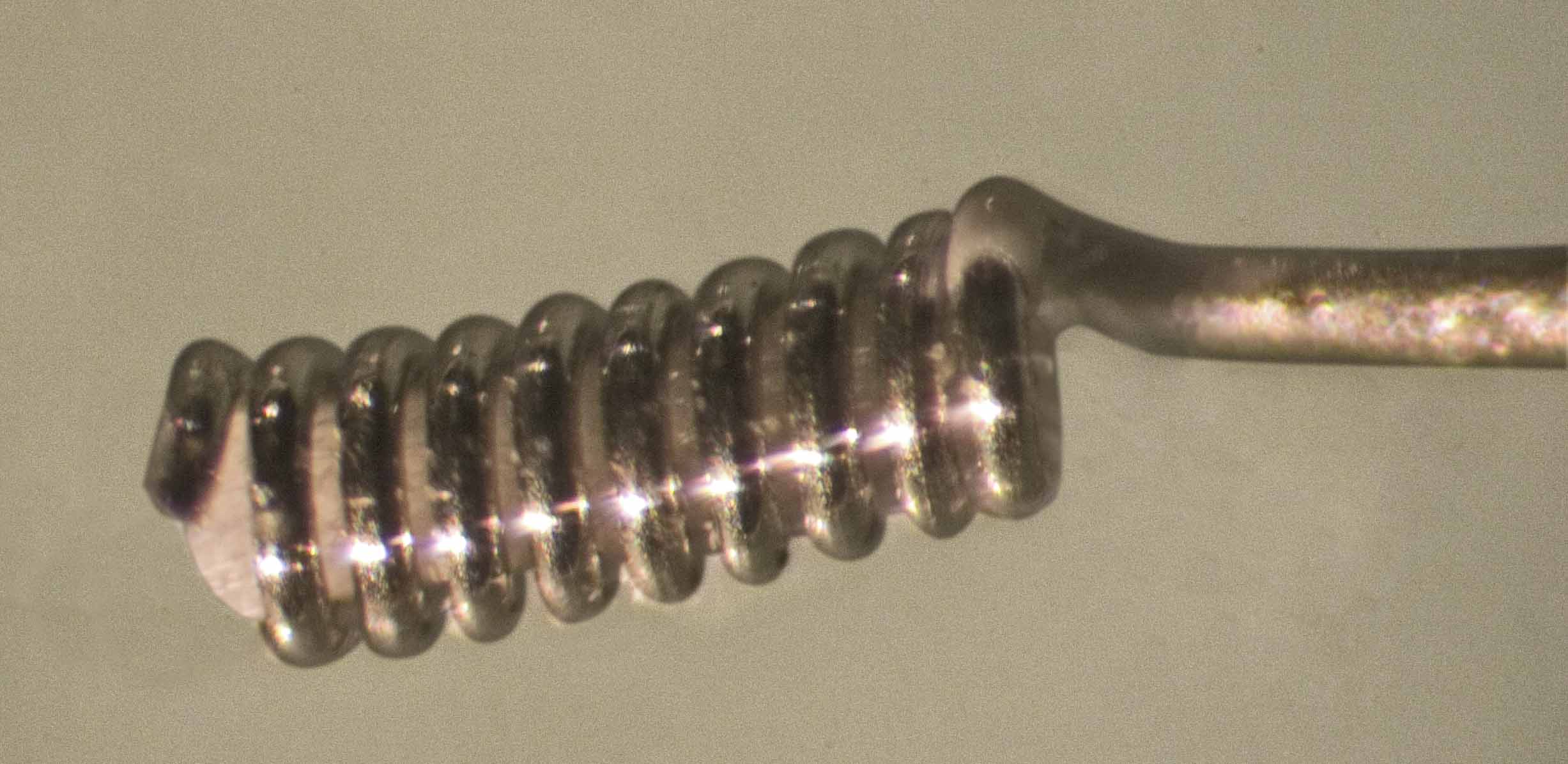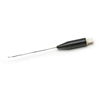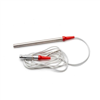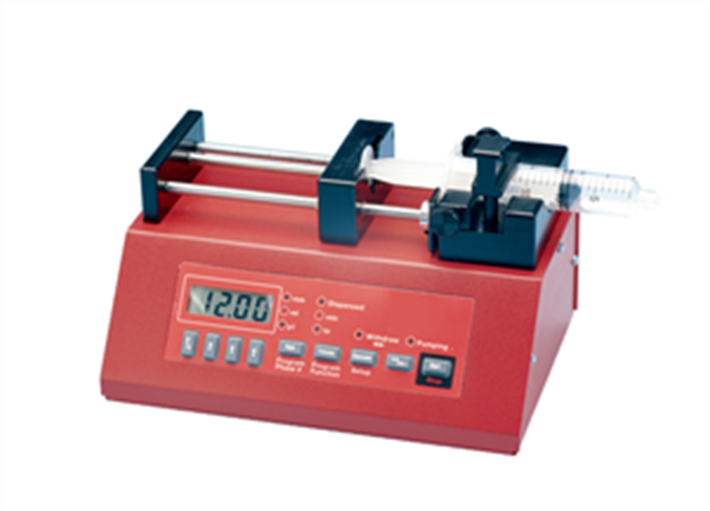

Glucose Detection
Measure glucose in vivo or in vitro over long term.
Measuring glucose in vivo over the long term is challenging and difficult. Previous measurement systems were limited to acute studies or a few days at best. WPI introduces a new kind of implantable glucose sensor based on a patented technology. This sensor provides a tool for researchers to directly detect glucose in chronic studies in vitro or in vivo.
Our implantable glucose sensors are highly accurate and offer long-term stability and reliability. This makes them an ideal solution for studies that require continuous monitoring of glucose levels over an extended period of time. Our glucose sensors work with the TBR4100 and TBR1025 free radical analyzers. Achieve precision and reliability in glucose measurement with our innovative implantable glucose sensors. Whether you’re conducting extensive research or advancing diabetes studies, WPI sensors provide the dependability and advanced functionality you need to enhance your experiments.
Benefits
- Implantable microsensor
- Biocompatible
- Long term monitoring
Applications
- In vivo long term measurement of glucose in animals or tissues
Measuring glucose in vivo over the long term is challenging and difficult. Previous measurement systems were limited to acute studies or a few days at best. WPI introduces a new kind of implantable glucose sensor based on a patented technology. This sensor provides a tool for researchers to directly detect glucose in chronic studies in vitro or in vivo. The sensor is fully compatible with WPI’s TBR systems.

The tip of the sensor has a coil that holds the enzyme-saturated cotton plug. The diameter of the coiled tip is about 600μm.






Request
Catalogue
Chat
Print